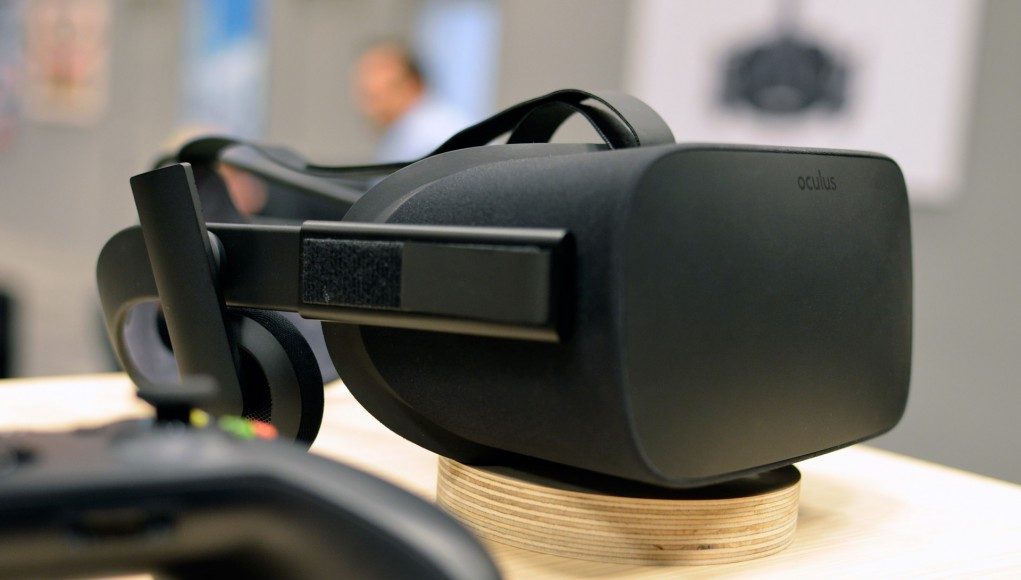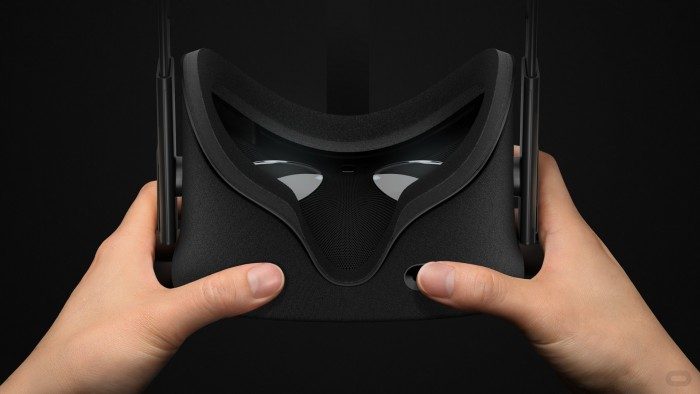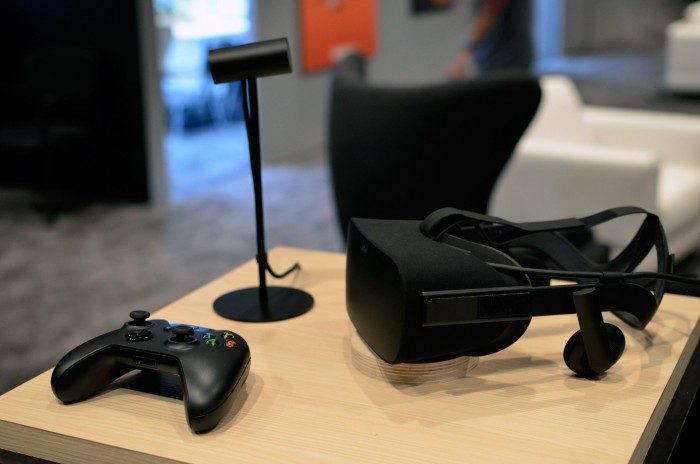IPD Range
While the Oculus Rift DK1 and DK2 have both supported software-based adjustments, neither headset was designed to physically change the distance between the lenses in order to match a given user’s interpupillary distance (IPD), the distance between each eye.
Ensuring that a VR headset’s lenses are lined up with the center of the eye is important for achieving the best view and for comfort. Although a large portion of the population falls around the ~63mm mark, human IPD can vary by some 20mm. If a VR headset has a static IPD of 63mm, those on the periphery of the IPD range could wind up with an uncomfortable view, possibly making it more difficult to fuse the pair of images into a single view. Even if your IPD is close to the headset’s, being able to match it exactly can enhance the resulting image, as any software-based adjustments to the view (like pre-distortion and chromatic aberration correction) assume that the lens is directly aligned with the eye.
It was recently revealed that the consumer version of the Rift would have a physical IPD adjustment, allowing users to fine tune their view through the lenses. The physical adjustment will move both the lenses and the screens behind them in tandem. However, Oculus hasn’t said the minimum and maximum IPD that the adjustment will support.
Pre-order Date
Oculus confirmed back in May that the consumer Rift headset would begin pre-orders sometime in 2015, but that still leaves us with a six month window as to when it will actually happen. With what we learned about the price potential above, it might be a good idea to keep at least $500 set aside to keep your place in line for the Rift, should the pre-order pop up without warning!
Release Date
“Months not years” used about as specific as Oculus ever got regarding a release date for the Oculus Rift consumer version. After mounting pressure from Valve’s HTC Vive and Sony’s Morpheus headsets, which announced their release targets as Q4 2015 and Q2 2016 respectively, Oculus recently revealed that they’re aiming to ship smack dab in the middle of the two: Q1 2016.
While it was exciting to finally have something on the board for the headset’s release, we’re still looking at a fairly large three month window, and the company has yet to be any more specific.









